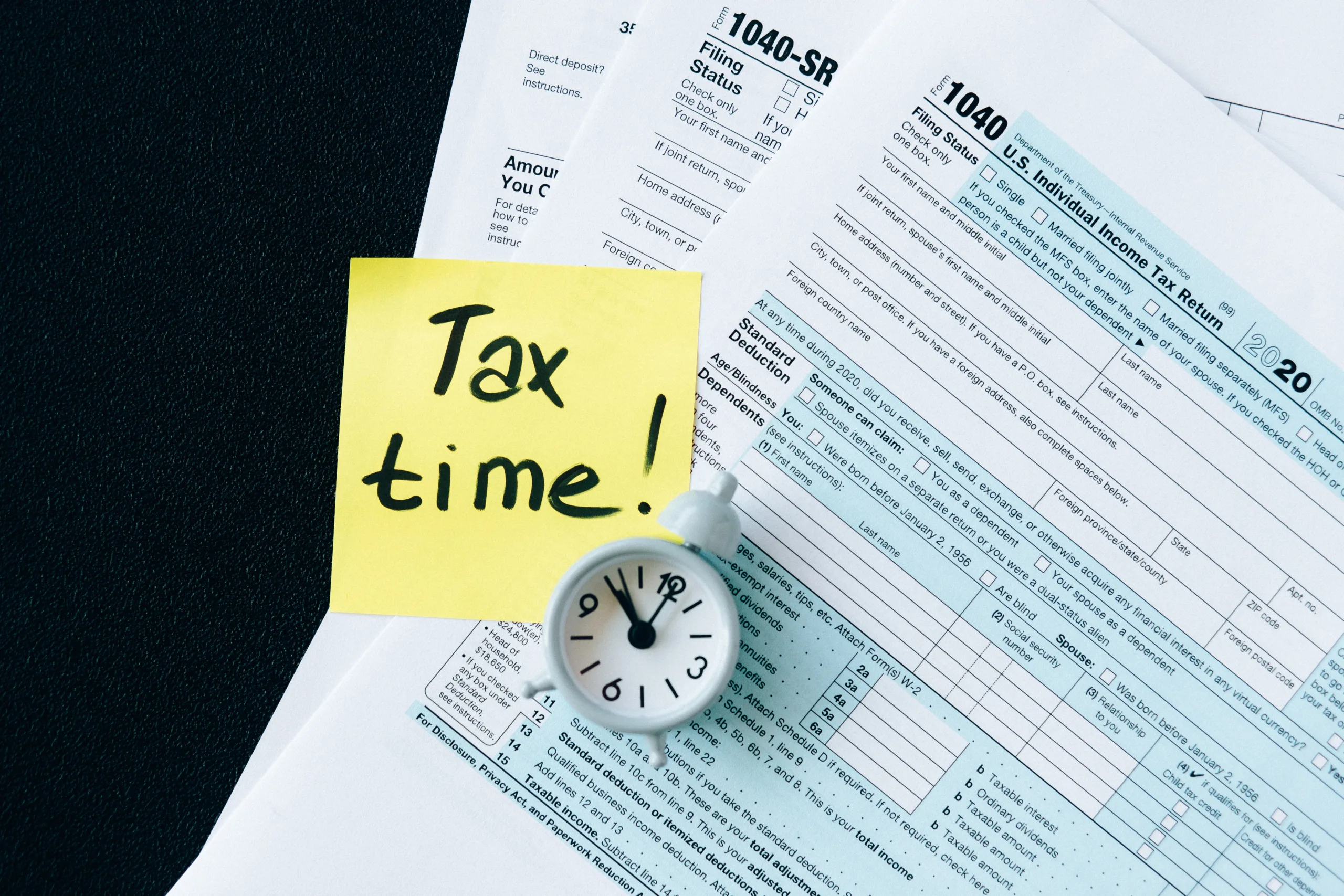The tax clock is ticking, and the pressure is on. It’s time to hit that “send” button for your 2022 tax return or have your trusted accountant handle the task. Today, on Monday, October 16, is the final call for filing federal income taxes, particularly for those taxpayers who were granted an extension by the Internal Revenue Service (IRS).
This year, an exceptional circumstance granted an extension to numerous taxpayers, mainly affecting Californians. Winter storms inundated the Golden State, leading to the deadline extension for most California residents and businesses. These extensions typically don’t buy you extra time to pay the taxes you owe. However, extensions related to natural disasters also pushed back the payment deadline for those affected. In addition to California, certain Georgia and Alabama counties also had their filing and payment deadlines extended to October 16 due to winter tornadoes.
Moreover, many taxpayers have been procrastinating. The deadline has arrived, and there won’t be any further extensions. According to David Hilliard, an enrolled agent at Chatterton & Associates in Anaheim, California, and president of the California Society of Enrolled Agents, there has been a slight increase in the workload as a result of this procrastination.
Cynthia Leachmoore, owner of Soquel Tax Service in Soquel, California, and president of the National Association of Enrolled Agents, echoes this sentiment, observing that many taxpayers haven’t fully prepared for this moment. She’s busy processing the final stack of client returns.
2023 Tax Season: What to Expect
As we bid farewell to the 2022 tax season, it’s time to prepare for the challenges and opportunities of the 2023 income-tax-filing season. Let’s take a closer look at what awaits us. Next year, more people will be getting tax invoices for goods and services sold in 2023 on PayPal, Venmo, and other payment methods. As a result of changes to the Pandemic Relief Package rules in March 2021, significant changes have occurred through the reduction of the Form 1099-K receipt requirement to $600 and the use of only one transaction.
However, this change raised taxpayer concerns and questions. The challenge lies in distinguishing personal payments from payments for goods and services on platforms like PayPal and Venmo. Additionally, reporting the cost basis for sold items becomes crucial, as this determines whether any profit from personal belongings sold is taxable. Legislative proposals have aimed to increase the reporting threshold, but these changes remain uncertain.
Easier-to-Use Credits for Electric Vehicles
Beginning in January, buyers of new and used electric vehicles can take advantage of federal tax credits at the point of sale. However, income requirements must be met to qualify, potentially requiring some tax planning. The Inflation Reduction Act passed in August increased the tax credit for eligible new electric vehicles to $7,500 and introduced a $4,000 credit for used EVs.
To be eligible, buyers must meet specific income criteria. Applying the credit at the point of sale and subsequently exceeding income limits will result in credit repayment to the IRS during tax time. Techniques such as maximizing contributions to retirement accounts can help reduce income and manage eligibility.
Planning for Tax Brackets
The Tax Cuts and Jobs Act of 2017 brought significant changes to tax rates, but these changes were temporary. Without congressional action, income-tax rates in 2026 will revert to their pre-TCJA levels. It’s essential to consider your income relative to tax brackets, as being too close to a higher bracket might lead to substantial tax hikes if rates increase.
In this ever-changing tax landscape, planning and preparation are key. While we can’t predict future congressional decisions, we must work with what we know.
As the 2022 tax season comes to a close, taxpayers should not only focus on meeting the deadline but also prepare for the opportunities and challenges that the 2023 tax season will bring. Stay informed and make wise financial decisions to navigate the ever-evolving tax world.
